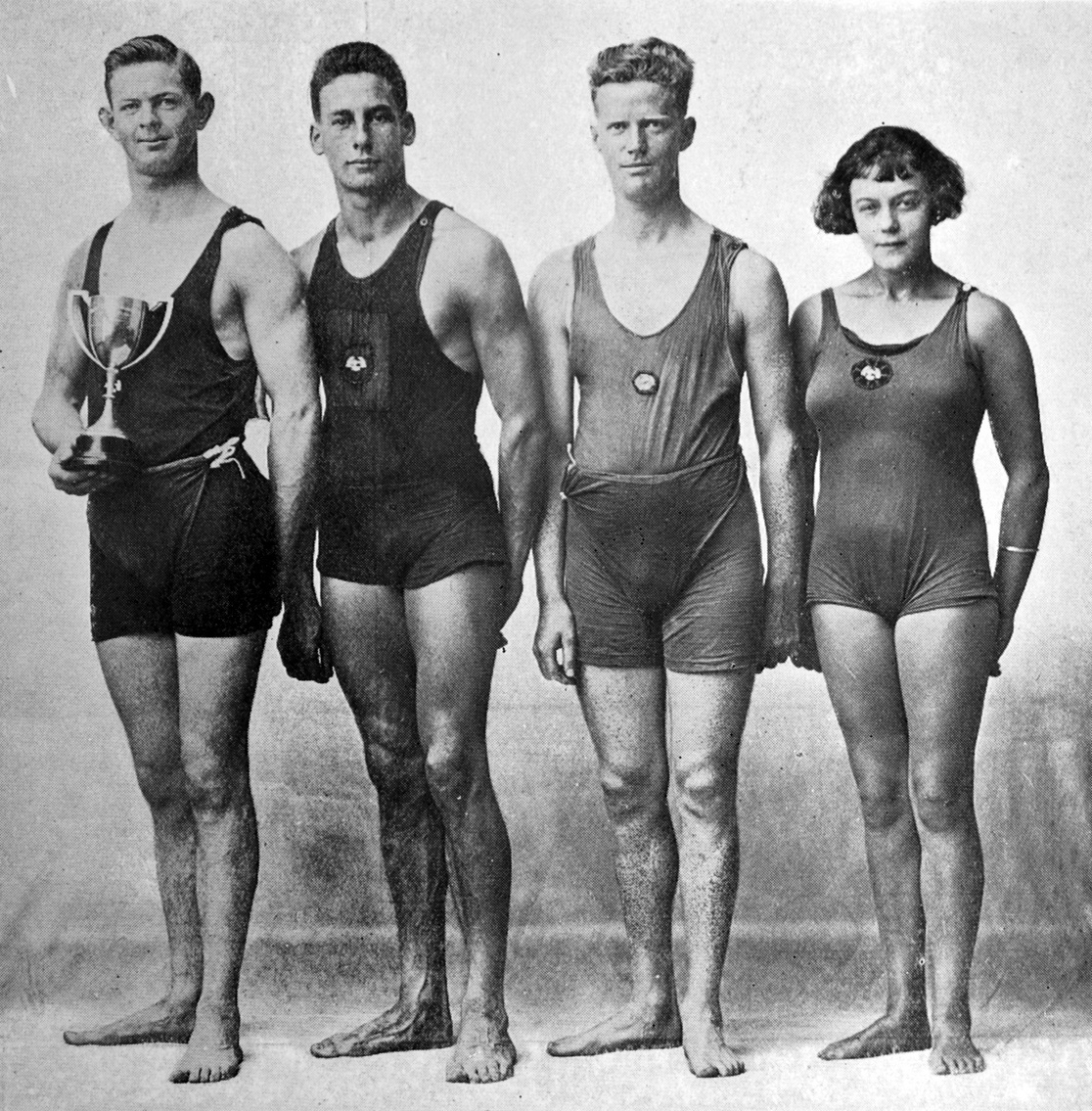

Should DCC support Plunket?
Dr Truby King, the eminent founder and mainstay of the Royal Society for the Health of Women and Children, observed that it was the sacred duty of the community to provide all possible safeguards for motherhood and childhood, and it is certain that he himself has illustrated the sacredness of the obligation with untiring assiduity. It is unnecessary to multiply testimony to the value of the work accomplished by the Plunket Society or to repeat our own recent expressions of appreciation. No one nowadays questions the worth and success of the Plunket activities. But general recognition of this kind is not always accompanied by definite financial recognition, and the financial exigencies of the enterprise are the salient consideration at the present time. At any rate the time has arrived when further substantial aid must be secured if the work is to be maintained and extended to meet obvious needs. The Society has had no reason to complain of the measure of assistance received from the Government, and an appeal to the City Council to take part in the task of maintaining and furthering an enterprise of high civic import may fairly be justified. — editorial
Switch off to save lake
With each additional day of dry weather the shortage of water is becoming more acute, and businessmen and others are strongly urged to exercise the strictest economy in the use of electric power. Mr M.C. Henderson (chief electrical engineer) states that various city establishments, especially business premises in George street, continue to be brightly illuminated at night, a state of affairs which, he asserts, must not be allowed to go on. Mr Henderson paid a visit to Waipori yesterday, and his observations convinced him that the position is rapidly becoming more serious.
A hui in the King Country
Mangapeehi has just had a three days’ visit from Te Rata, the Maori king, supported by a retinue of 20. Wehi Ringitanga and other leading Mangapeehi chiefs made speeches of welcome, which were replied to by Te Rata. At the entrance to the pa laws and regulations governing the meeting were posted up. They were rigidly enforced, and the owner of a straying dog was fined a shilling. The menu of an elaborate feast contained roast pork, beef, tuna, shellfish, plum pudding, fruit salad and many other European delicacies. Matters affecting the Native race were discussed.
Winning the anti-drink argument
The secretary of the South Dunedin branch of the Women’s Christian Temperance Union has received word that the South Dunedin branch has won the banner presented by the Dominion Union for the largest number of members enrolled during the past year and also the banner presented for the largest percentage of increase. — ODT, 31.3.1924
Compiled by Peter Dowden












